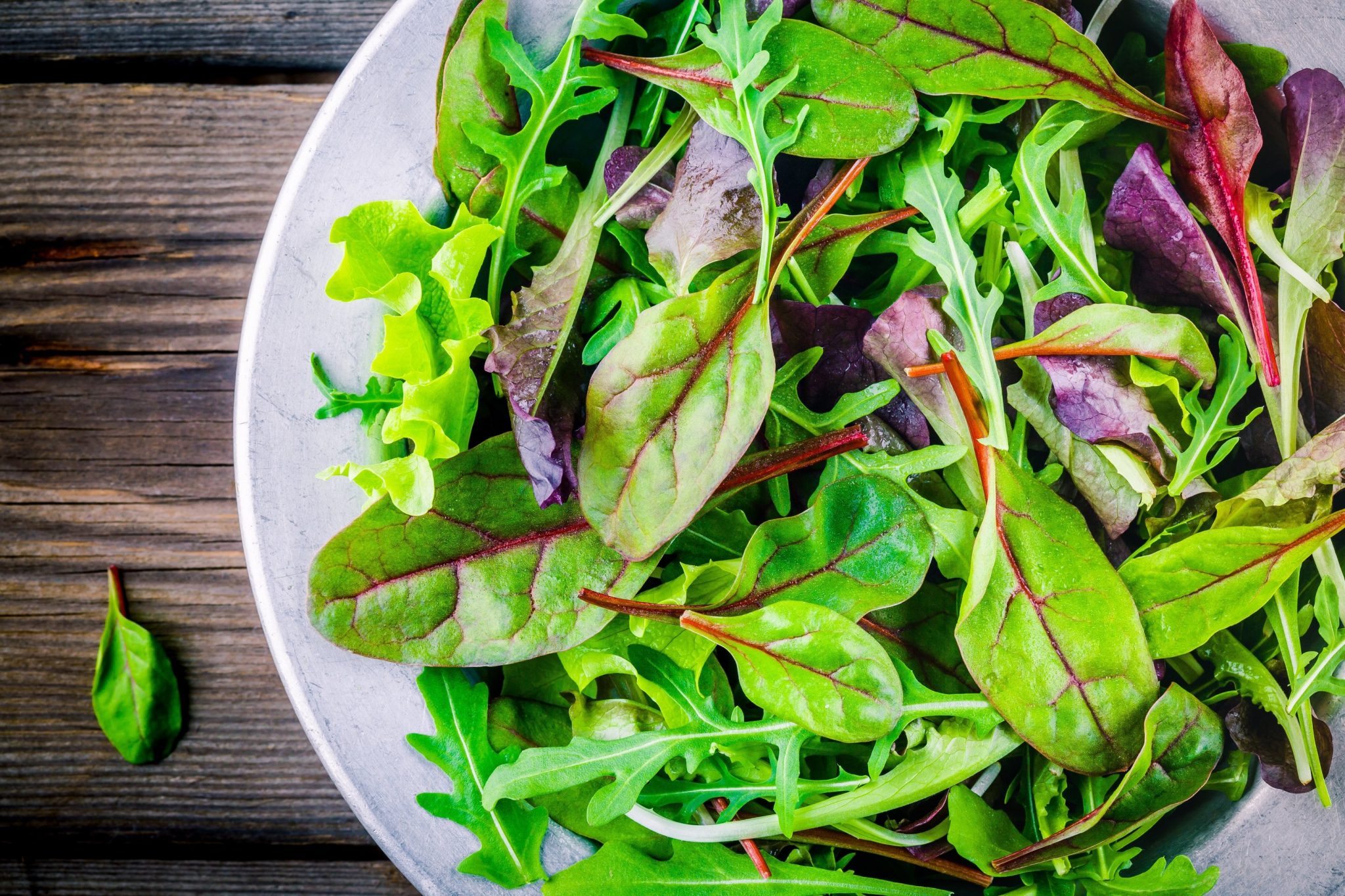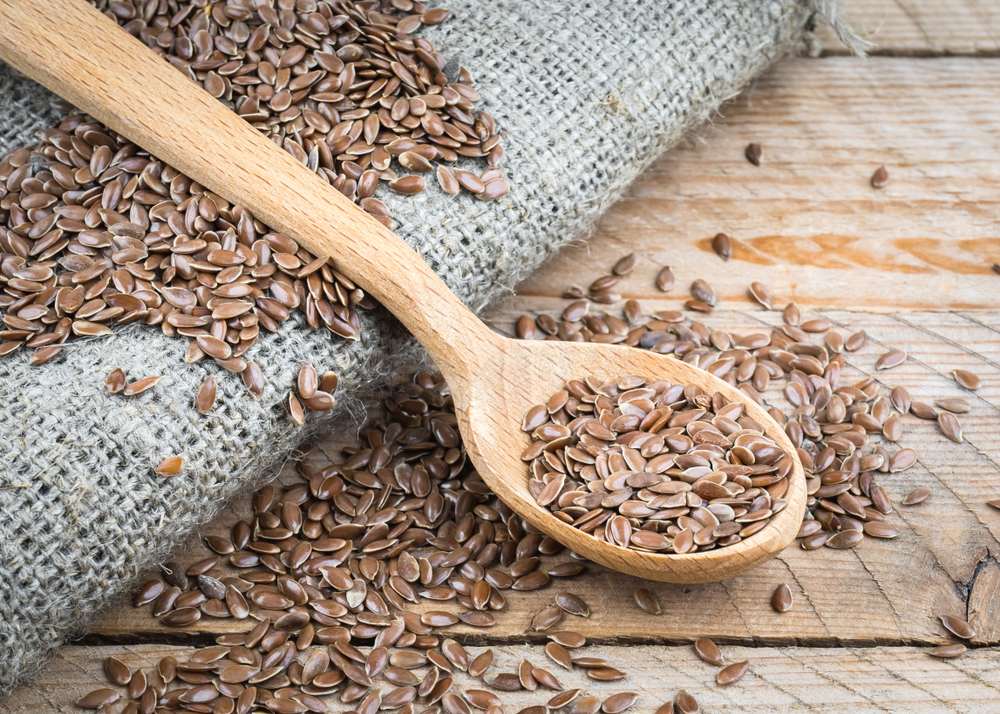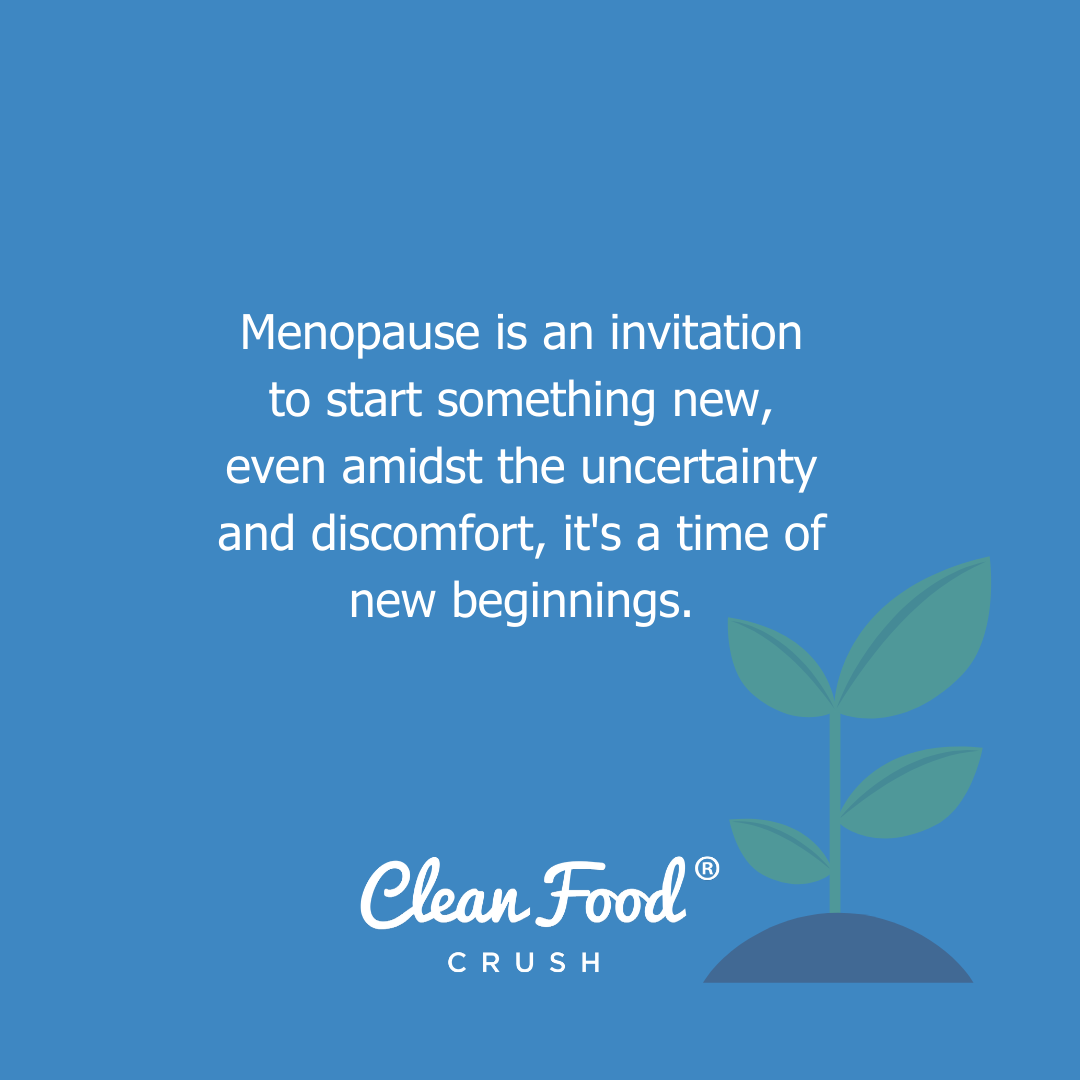Menopause is part of the natural aging process that occurs in women, typically around 50 years of age – though for some, it can happen sooner. Although it marks the end of her reproductive phase in life, going through menopause is not the end of anything else, in fact, in many ways, it’s the start of a new beginning!
The transition can be uncomfortable and both emotionally and physically trying, however many women report a sense of freedom and a deeper connection to their bodies during this time. Menopause is an important milestone in a woman’s life, and there are many natural ways to support the body and mind throughout it.
Menopause is a result of the decline in estrogen, eventually causing the ovaries to stop releasing eggs. The transition into menopause, also called perimenopause, occurs in the years leading up to this cessation in egg production and typically lasts between 4 and 8 years. Perimenopause ends when menopause begins, which is defined as 12 consecutive months passing without having a period.

Signs and symptoms of perimenopause and menopause:
- Hot flashes
- Fatigue
- Disrupted sleep
- Disinterest in physical intimacy
- Discomfort during intimacy
- Joint and body pain
- Weight gain
- Irregular periods
- Worsened PMS symptoms
- Mood swings
Although menopause is completely normal and healthy, it can still be marked with physical and emotional discomfort. Menopause also results in the increased risk of certain health conditions, such as osteoporosis and cardiovascular disease, therefore it’s really important to learn how to take care of ourselves during and after this time. Below is a list of foods, herbs, and rituals to help mediate the symptoms of menopause while ensuring you stay healthy and empowered!

5 Foods for Natural Relief
1. Edamame
Edamame is packed full of powerful plant compounds called phytoestrogens. Phytoestrogens mimic our natural estrogens and have a modulating effect, where if we are low in estrogens, phytoestrogens raise levels naturally and safely. Edamame is also a great source of protein and fiber, which helps keep the body strong during this demanding time. For a delicious and supportive edamame meal, try this crunchy Asian-inspired salad.

2. Salmon
Wild salmon is a wonderful source of omega-3s! Omega-3s are fats that help support the cardiovascular system, lower inflammation, and reduce joint pain. Salmon is also a great source of vitamin D which promotes bone health and mental well-being. Menopause can take an emotional and physical toll on the body, so it’s important to support it from the inside and out!

3. Leafy Greens
During menopause our natural estrogens decrease which has a direct effect on our bones, resulting in an increased risk of developing osteoporosis. The good news is we can improve bone health through diet. Dark leafy greens such as kale, spinach, and chard are great sources of calcium. Lightly cook your greens to help release their nutrients, and enjoy.

4. Bone Broth
Bone broth is packed full of healing and supportive nutrients, including protein, collagen, vitamins, and minerals. Collagen is the most abundant protein in our body and is vital for bone health. Collagen increases bone formation while reducing bone degradation to counteract the effects of low estrogen. It’s also delicious and so easy to make, try my favorite bone broth recipe here.

5. Flaxseeds
Another phytoestrogen powerhouse is flax! Remember phytoestrogens help minimize the symptoms of menopause by modulating estrogen in the body. Flaxseeds are also chock-full of nutrients, including protein, fiber, and omega-3s. Flaxseeds promote cardiovascular health, help manage weight gain associated with menopause, and have even been shown to reduce hot flashes!

4 Herbs for Natural Relief
1. Black Cohosh
Perhaps one of the most popular herbal remedies for menopause symptoms, black cohosh has been used for centuries to help with reproductive and gynecological disorders in women. Today this root, rich in phytoestrogens and antioxidants, is used extensively in managing perimenopausal and menopausal symptoms, including PMS, night sweats and hot flashes.
2. Red Clover
A nutritive plant that exhibits some of the strongest phyto-estrogenic effects among plants, red clover tea is a powerful way to support the body through menopause. It is particularly useful for night sweats and body pain, and may even support metabolism.
3. Hops
This powerful phytoestrogen has been shown to reduce the frequency and severity of hot flashes associated with menopause. Hops also have anti-anxiety properties, acting directly on the nervous system, promoting relaxation! Steam a cup of hops tea in the evening to feel relief in both your body and mind.
4. Green Tea
One of the most studied plants, green tea has been renowned for its health-boosting qualities. Green tea is packed with antioxidants, which support every function in the body and are especially important as we age. Green tea has also been shown to support bone health and increase bone mineral density as we age, acting as great support for women going through menopause.

3 Rituals
1. Yoga
Yoga has been widely practiced and celebrated for its many health benefits, ranging from mental to physical to emotional. Studies show that yoga promotes positive psychological and physical changes in post-menopausal women, including improved sleep and overall quality of life. Yoga is particularly helpful in reducing the risk of developing osteoporosis due to its many bodyweight baring poses. Yoga is also a great source of exercise, which boosts mood, promotes relaxation, and reduced the risk of developing cardiovascular disease.

2. Mindfulness Practice
Developing a mindfulness practice is proven to support mental health, and promote relaxation. Menopause is a time to reflect and process new changes, mindfulness practice is a great way to do this! Mindfulness has also been shown to reduce the physical symptoms of menopause including hot flashes and insomnia. To start, simply choose a quiet and comfortable spot to sit in a way that feels good for you. Focus on your breath or listen to a guided soundtrack for 5-20 minutes per day and feel the stress melt away.
3. Socialize
Women often report feelings of sadness during menopause, in part because their role and purpose in life may be changing. Menopause marks a new era for women, and it’s important to stay connected to loved ones for advice and support. Menopause often also coincides with children growing up and moving out, which can be especially difficult for mothers.
Social support is proven to be protective of health and can help mediate both the physical and emotional symptoms of menopause. Remaining social and having a good support system is crucial for women during this major life transition. So make a plan to connect with a friend once a week or chat on the phone every few days, join a reading club or walking group! Just be sure to do something that feels fun and supportive!
Menopause is an invitation to start something new, even amidst the uncertainty and discomfort, it’s a time of new beginnings. Be sure to support your beautiful body in the process. Lean on nutritive veggies, protein-rich meals, healthy fats, supportive herbs, and some good company and everything will be ok. You’ve got this!

